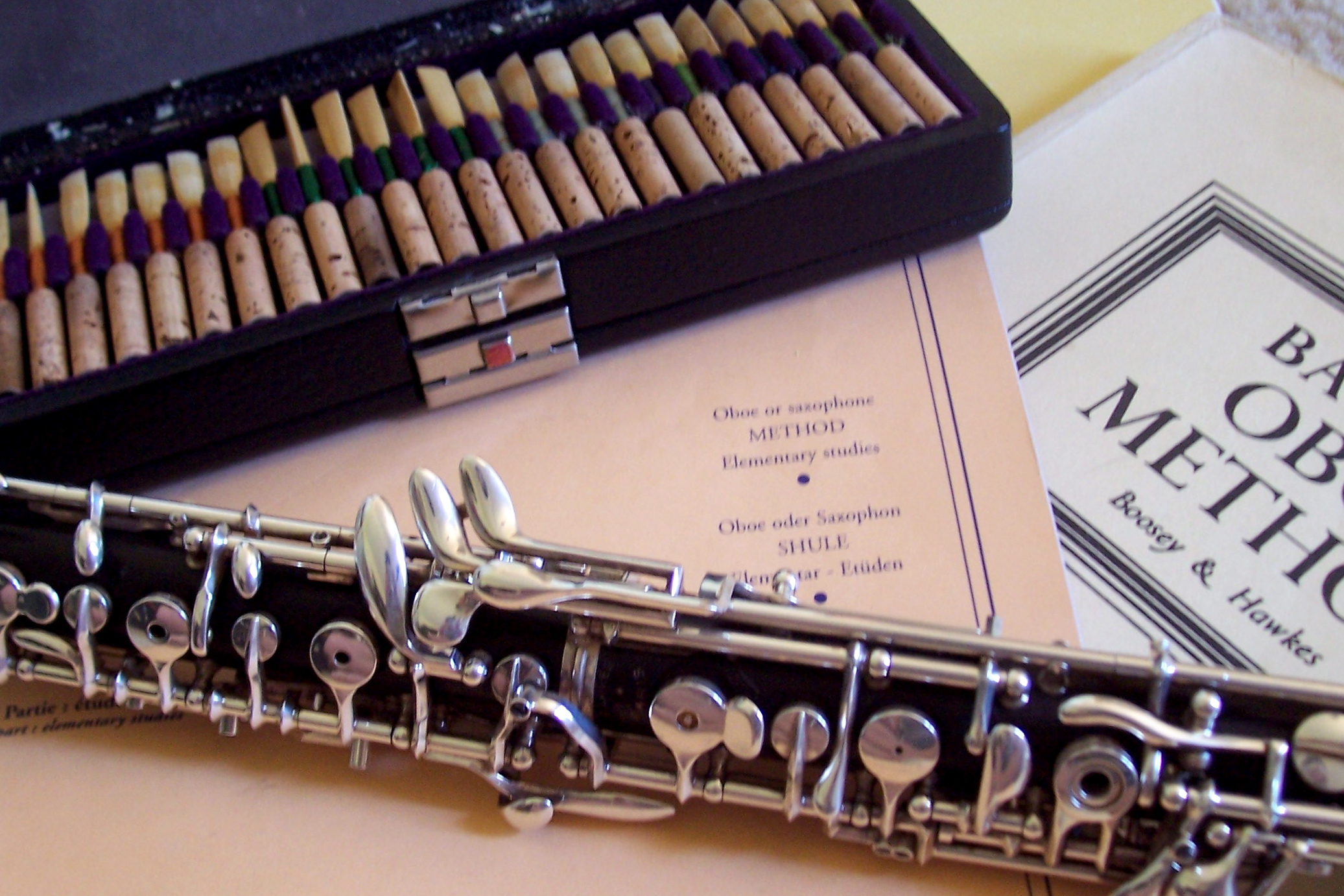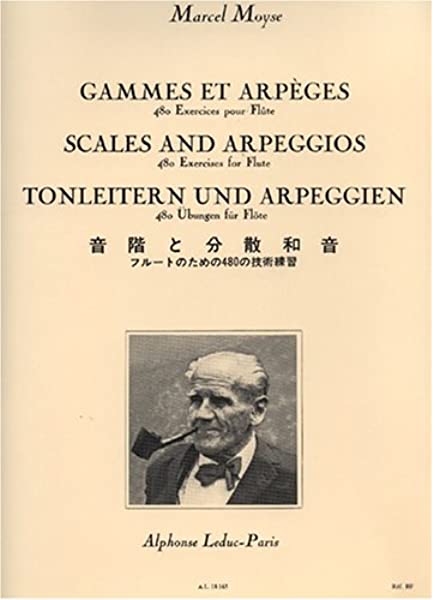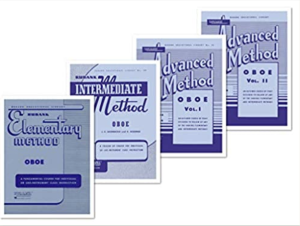Below are books that are mentioned in Weaponize Your Oboe Warmup.
First, a disclaimer. I am not telling you to buy anything, or insisting on any one method book, oboe model, or piece of reed-making equipment. I do get questions all the time, though, about these things, and on this page I will lay out many of the things I have found to work. Based on your individual needs you might gravitate to one specific thing or another – or use something completely different. If you have questions, feel free to reach out!
As an Amazon Associate I earn from qualifying purchases. This means that some links below are affiliate links, and I make a small commission when you buy through them. There is no extra cost to you.

The Simple Flute
Here’s the book from which the DeBost Scale Game is drawn – The Simple Flute. And here’s the exact version – my own scrappy photocopy that I did not create – that I shared in the training.

De la Sonorité
For my own long tone warmups, I love Marcel Moyse’s De la Sonorité – it’s built so many good fundamentals for me despite being a flute book.

Taffanel-Gaubert 17 Daily Exercises
The Taffanel-Gaubert 17 Daily Exercises is full of scale based value for oboists.
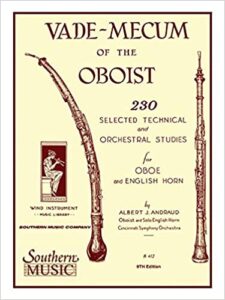
Vade-Mecum
The Vade-Mecum I find mostly useful for the arpeggio and scale studies in the front, but it’s also a nice quick-reference for famous orchestral excerpts.
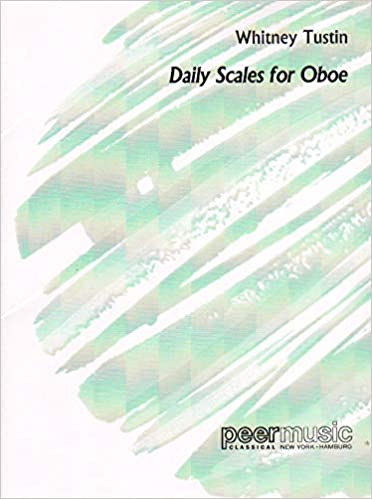
Whitney Tustin’s Daily Scales
Whitney Tustin’s Daily Scales was my first introduction to a really GOOD SYSTEM, and I love it for that. All major and minor scales, full range to high F, varied articulations.
Gammes et Arpeges
Moyse’s Gammes et Arpeges is a CHALLENGING book of scale patterns – with a particularly intricate and enjoyable associated system. Not for the faint of heart!
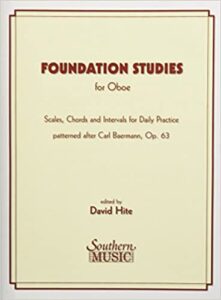
Foundation Studies
Foundation Studies by David Hite has an exciting number of scale variations, all designed for oboes so you don’t have to translate the octaves. You could add any articulation system to his scale and interval studies.
Rubank Method
For beginners and intermediate students I love the Rubank Method: Elementary, Intermediate
Advanced 1, Advanced 2
Etudes:
With more advanced students I usually work in Barret for phrasing and articulation. I also like THIS version of Barret, with treble clef accompaniments. I also love the Ferling Etudes. These are advanced, but beautiful pieces that require – and build – real skills to get through. These Pasculli Caprices have been kicking my butt delightfully lately. They are quite difficult, as are the Gillet etudes.
Etudes and studies recommended by other oboists and teachers
An incomplete list.
Many will be available on IMSLP, though these links go to Amazon. I have not vetted or ranked these myself. What a WEALTH of great possibilities here!
Also mentioned:
- Brod 20 Studies
- Weait Oboe, Flute, or Saxophone Scales for Reading
- Weiger Go Fingers Go
- Loyon Etudes
